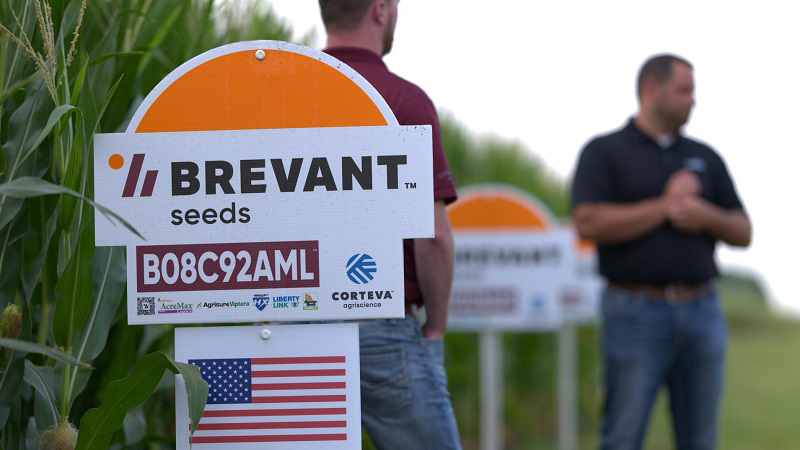Glyphosate’s Latest Court Score: 1 Win, 1 Loss, and 1 Big ‘No Comment’
Another week past, another set of mixed signals for glyphosate in the nation’s courtrooms. On the win side of the ledger, a jury in Jackson County, OR, found that Roundup herbicide didn’t cause a man’s cancer. This marked the fourth case in a row that Bayer has won in less than a year in its ongoing fight against cancer claims against glyphosate.
“The jury’s conclusions are consistent with the assessments of expert regulators worldwide as well as the overwhelming evidence from four decades of scientific studies concluding that Roundup can be used safely and is not carcinogenic,” Bayer said in a released statement regarding the verdict.
The news wasn’t as positive from the nation’s highest court, however. On June 13, the U.S. Supreme Court declined to comment on the first ruling against glyphosate handed down by a California jury in the case of plaintiff Edwin Hardeman, who claimed using Roundup caused him to develop a form of cancer. This left in place a judgment in favor of Hardeman for $25 million. And on June 27, the justices turned away a Bayer appeal and left in place a lower court decision upholding an $87 million judgment awarded in a lawsuit in California to Alberta and Alva Pilliod, who were diagnosed with cancer after spraying Roundup for more than three decades.
Then there was the really negative news for glyphosate. Last week, a federal appeals court scrapped a 2020 EPA finding on the human health impacts of glyphosate. In a 3-0 decision, the Ninth Circuit Court of Appeals said the EPA hadn’t adequately considered whether glyphosate causes cancer. The opinion from the appeals court sends the agency back to work on its 2020 decision that glyphosate does not present “any reasonable risk to man or the environment.”
In a statement released after the Ninth Circuit Court of Appeals ruling, Bayer said the following: “We believe that the U.S. EPA will continue to conclude, as it and other regulators have consistently concluded for more than four decades, that glyphosate-based herbicides can be used safely and are not carcinogenic, and we are committed to working with the agency to minimize the environmental impacts of our products.”






